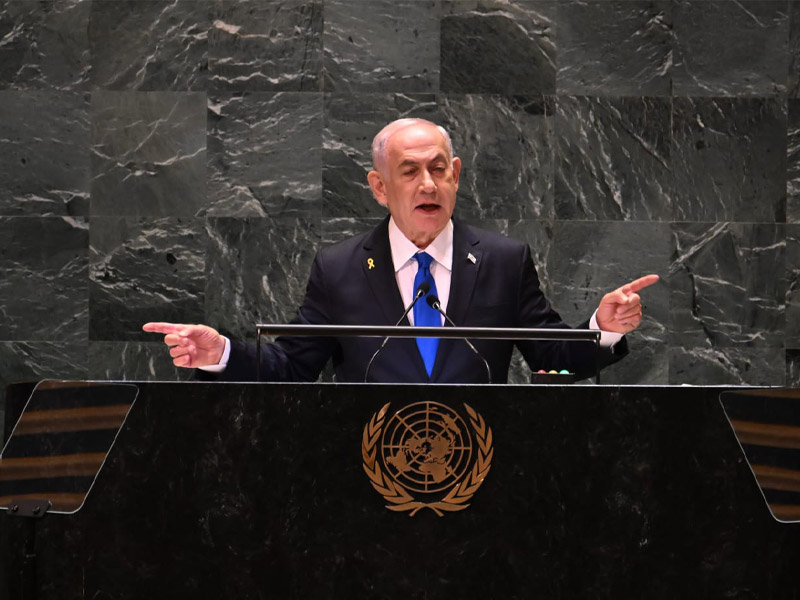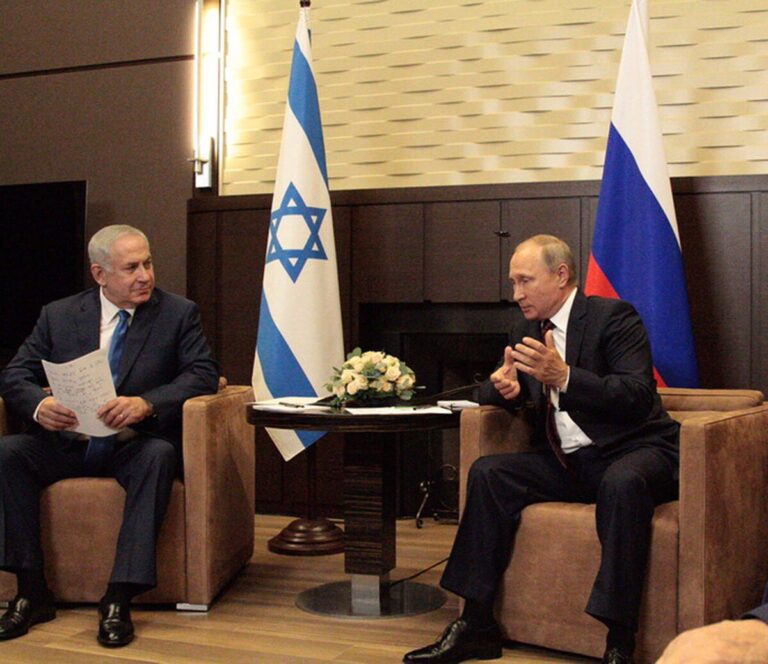The UN and its agencies are actively opposing the distribution of humanitarian aid in Gaza by the American-led Gaza Humanitarian Foundation (GHF), which began operations at the end of May. “This particular distribution plan does not accord with our basic principles, including those of impartiality, neutrality, independence, and we will not be participating in this,” a UN spokesperson declared last month. Another spokesperson emphasised that “it is a distraction from what is actually needed,” such as re-opening the crossings. Later, the organization instructed its personnel to boycott participation in the aid distribution, asserting that it lacks neutrality and independence.
There was once a time when the primary concern around food was nutrition rather than neutrality, particularly in an area officially designated by the UN itself as a disaster zone. When hunger prevails, who cares who distributes the food?
But even assuming third-party distribution is necessary, has the UN’s previous distribution program in Gaza ever been neutral? Approximately 66,000 trucks carrying food have entered the strip since the war began, almost entirely under UN auspices. In practice, Hamas seized control of most shipments, storing the majority and reselling them at inflated prices—$30 for a single cigarette, $30 per kilogram of flour. According to Israeli estimates, this helped Hamas raise more than $300 million, funding salaries for terrorists and sustaining its governance at the cost of tens of thousands of lives.
Neutrality did not particularly concern UNRWA either when tunnels were dug beneath its offices, or when its employees participated in the October 7 massacre. Through its actions, the UN not only fails to maintain neutrality but actively assists Hamas at the expense of Gazan civilians.
Late last month, hungry residents raided a UN warehouse in the central Gaza Strip, looting vast quantities of flour. If there is hunger, why does the UN not distribute the most basic food supplies? According to Israel, the explanation is that this warehouse effectively belonged to Hamas, which operates not only as a terrorist organization but also as Gaza’s food monopoly, artificially inflating demand to drive up prices.
The U.S.-Israeli humanitarian aid program achieved in three days what the entire prestigious UN apparatus failed to accomplish in a year and a half. According to reports, two days after aid began flowing directly to Gazans instead of through Hamas, prices for key goods fell significantly—more than during the earlier period when 600 UN trucks a day failed to move market prices. A bag of flour, for example, previously costing $50, dropped to about $33 within 48 hours of GHF beginning its distribution.
If the aim is to ease life for Gazans, this is unquestionably good news. But the UN was never interested in such an outcome. Tens of thousands are voting with their feet, flocking to distribution centers, but if it were up to the UN, they would remain hungry.
Need more proof? For decades, UNRWA has claimed to champion the rights of Palestinian refugees from Israel’s 1948 War of Independence. It hardly matters that these individuals are already generations removed from the original refugees, or that nobody else in the world has refugee status perpetuated for four generations. What matters is that, according to UNRWA, on the eve of the current war, 1.4 million out of Gaza’s 1.9 million inhabitants were refugees.
This refugee status was meticulously maintained for nearly 77 years until President Donald Trump announced his plan for Gazans to voluntary migrate to other countries. Suddenly, the UN discovered that Gaza was actually the Palestinians’ home. Various officials proclaimed that “any forcible transfer in or deportation of people from occupied territory is strictly prohibited,” and slammed Trump for promoting an “international crime.”
Suddenly, the refugees of 1948 are no longer refugees, and Gaza is no longer an enormous refugee camp, but rather a homeland. Never mind that ordinary individuals, such as the UN Secretary-General or any of his staff, can freely leave their country to pursue a better future whenever they wish.
The UN never truly cared about Palestinian refugees; it has consistently used them merely as leverage against Israel. Just as its concern for aiding Gazans has always been secondary to preserving Hamas’ rule, the overarching goal is undermining the foundations of Israel’s existence.
Nevertheless, it’s worth recalling that the UN General Assembly voted in favor of establishing a Jewish state in 1947—proving that even a broken clock is right once every 78 years.









